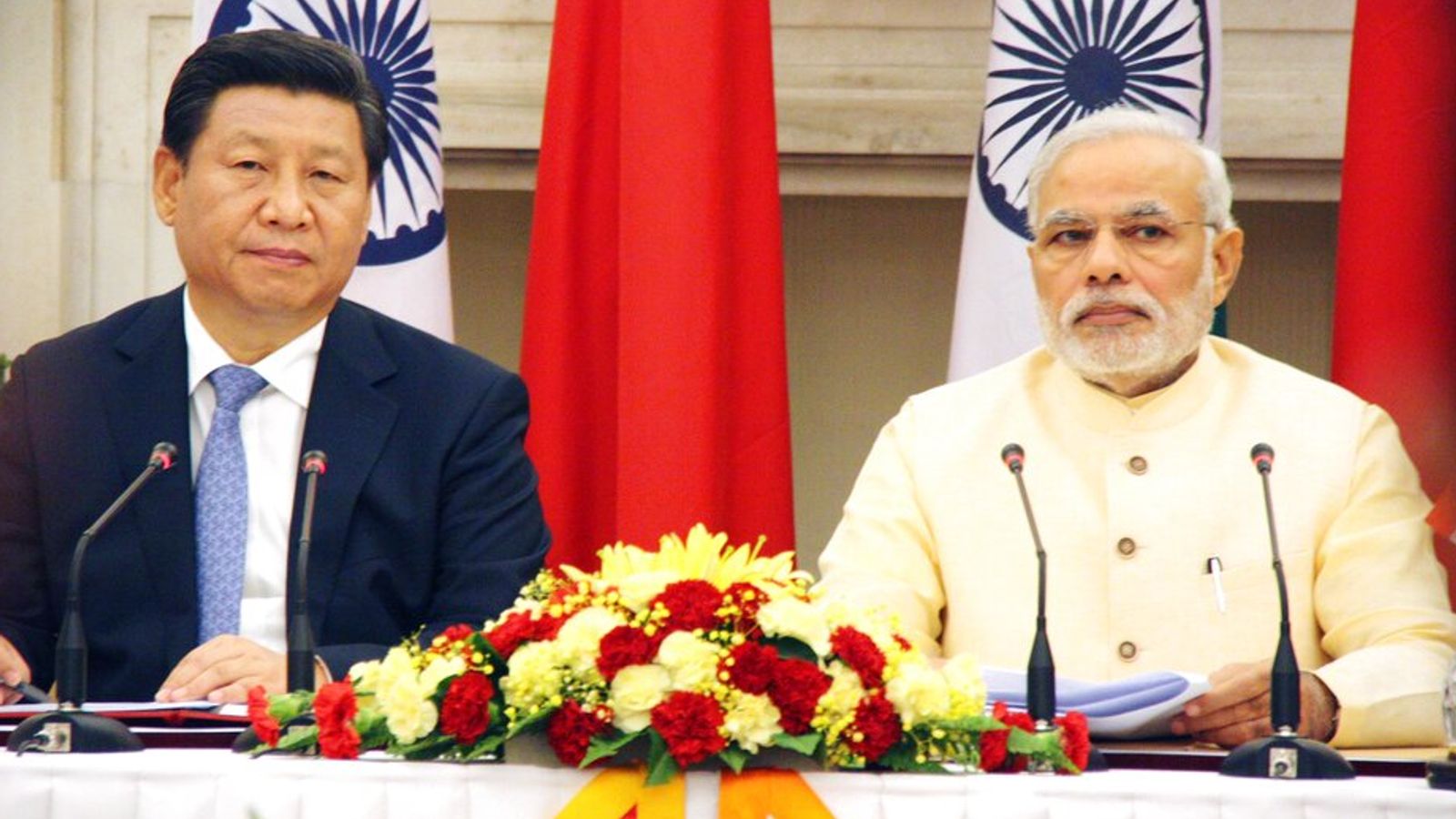The G20 summit that President Tinubu went to on Monday will not have the full attendance of all world leaders. Xi Jinping, China’s President, will not be attending the summit. China’s decision not to attend came as a result of bilateral relations remaining icy between the two countries.
The countries have had an unsmooth relationship over their disputed border in the Himalayan mountain range.
China’s foreign ministry said Premier Li Qiang will attend the G20 in President Xi’s place.
A notice on the ministry’s website said: “At the invitation of the government of the Republic of India, Premier of the State Council Li Qiang will attend the 18th G20 Summit to be held in New Delhi, India, on September 9 and 10.”
President Xi’s decision comes months after troops clashed in the disputed border region for the first time in more than a year, in December 2022.
Soldiers on both sides suffered injuries during hand-to-hand fighting near the Tawang sector of Arunachal Pradesh state, the eastern tip of India.
Indian and Chinese troops were involved in a mountain border clash that resulted in the deaths of 20 Indian soldiers and four Chinese troops in June 2020.
President Xi’s decision comes months after troops clashed in the disputed border region for the first time in more than a year, in December 2022.
Soldiers on both sides suffered injuries during hand-to-hand fighting near the Tawang sector of Arunachal Pradesh state, the eastern tip of India.
In September 2021, China accused India of firing shots at its troops, while India accused China of firing into the air. If the claims were true, both sides would have breached a 1996 agreement prohibiting the use of guns and explosives near the border.
The soldiers on both sides died in bloody hand-to-hand combat, which involved nail-studded clubs, stones, and sticks.
Beijing and New Delhi have also clashed over trade and India’s growing strategic ties with the United States.
The Line of Actual Control separates Chinese and Indian-held territories from Ladakh in the west to India’s eastern state of Arunachal Pradesh, which China claims in its entirety.
As its name suggests, the line divides the areas of physical control rather than territorial claims.
Meanwhile, Russia has confirmed that President Vladimir Putin will not be attending the summit.
Deeper and more entrenched divisions over Russia’s war in Ukraine risk derailing progress on issues such as food security, debt distress and global cooperation on climate change when the world’s most powerful nations meet this weekend in New Delhi.
The hardened stance on the war has prevented agreement on even a single communiqué at the 20 or so ministerial meetings of the G20 during India’s presidency this year, leaving it to the leaders to find a way around, if possible.
That means the two-day summit on September 9 will be dominated by the West and its allies.
The G20 leaders who will attend include US President Joe Biden, British Prime Minister Rishi Sunak, German Chancellor Olaf Scholz, French President Emmanuel Macron, Saudi Arabia’s Mohammed Bin Salman and Japan’s Fumio Kishida.



